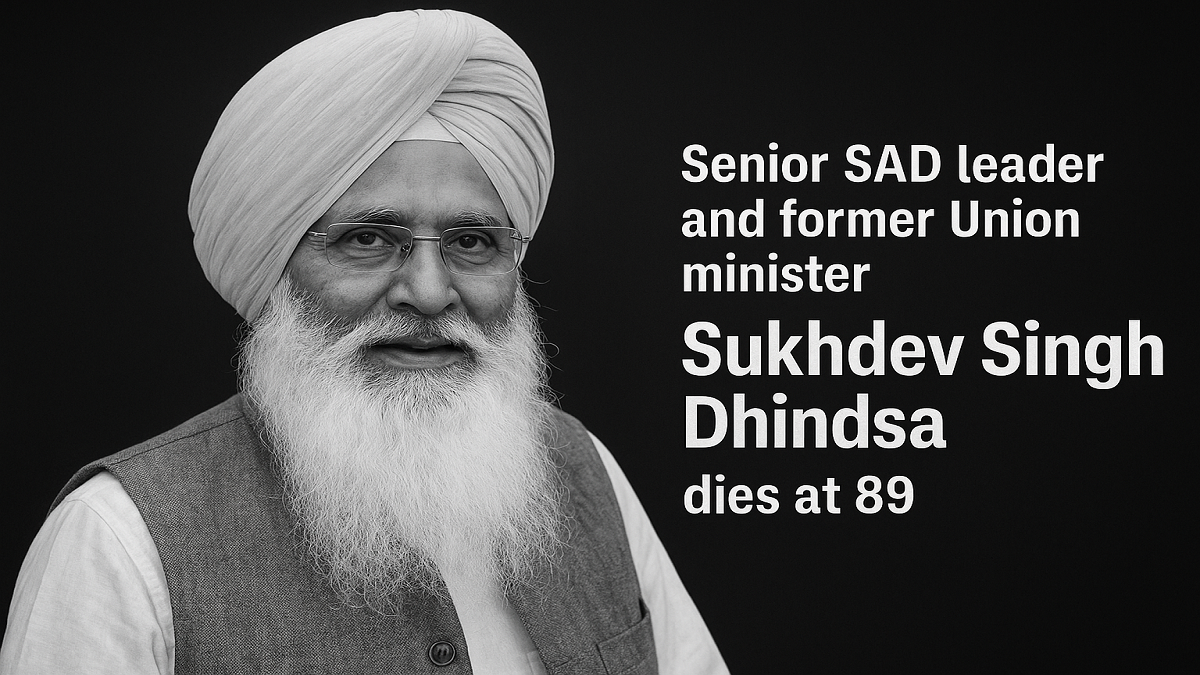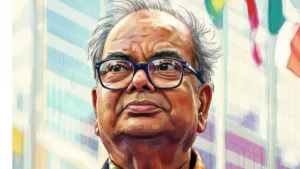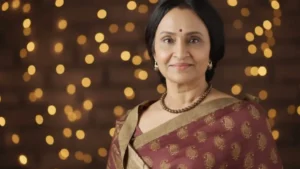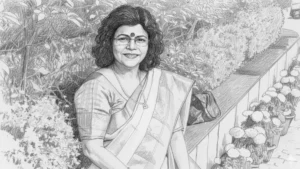Senior Shiromani Akali Dal (SAD) leader and former Member of Parliament (MP) from Sangrur, Sukhdev Singh Dhindsa, passed away on Wednesday evening, bringing to a close a significant chapter in Punjab’s political history. He died at the age of 89 at Fortis Hospital in Mohali after a prolonged illness.
Early Life and Political Awakening
Roots in Sangrur
Born on April 9, 1936, in Ubhawal village in Sangrur district, Dhindsa displayed an interest in public affairs and politics from a young age. He was educated at Government Ranbir College, Sangrur, where he emerged as a student leader and became president of the student council.
Youngest Sarpanch to Political Trailblazer
Soon after his college years, Dhindsa became the youngest sarpanch of Ubhawal. He later served as a block samiti member, marking the beginning of his grassroots political career. In 1972, he won the Assembly elections as an independent candidate from Dhanaula constituency (now part of Barnala district). He later joined the Shiromani Akali Dal (SAD).
Rising Through Political Ranks
Legislative and Ministerial Career
In 1977, Dhindsa was elected as an MLA from Sunam constituency. During his political journey, he held key portfolios in the Punjab government, including transport, sports, and tourism. He served as a Punjab Cabinet Minister during his four terms as MLA.
National Stage: Rajya Sabha and Lok Sabha
Dhindsa’s influence extended to the national stage. He was a Rajya Sabha member for three terms: 1998–2004, 2010–2016, and 2016–2022. He also served as a Lok Sabha MP from Sangrur between 2004 and 2009.
From 2000 to 2004, he served as Union Minister of Sports and Chemicals under the Vajpayee-led NDA government, making significant contributions to national policy.
Padma Bhushan Honour and Symbolic Return
National Recognition and Farmers’ Protest Solidarity
In 2019, Sukhdev Singh Dhindsa was conferred the Padma Bhushan, India’s third-highest civilian award, for his contributions to public affairs. However, in 2020, during the nationwide farmers’ protest against the now-repealed three farm laws, Dhindsa announced the return of his Padma Bhushan, standing in solidarity with the farmers of Punjab and across India.
This act reinforced his image as a leader deeply connected to the concerns of the common people, especially the agrarian community.
Fallout with the SAD and Political Re-alignments
Split with Sukhbir Singh Badal
Dhindsa had a prolonged estrangement with SAD president Sukhbir Singh Badal. In September 2018, he resigned from all party posts, and by February 2020, both he and his son Parminder Singh Dhindsa were expelled from the SAD.
Formation of SAD (Sanyukt)
In July 2020, he launched a breakaway faction, the Shiromani Akali Dal (Sanyukt). This party allied with Captain Amarinder Singh’s Punjab Lok Congress and the BJP for the 2022 Punjab Assembly elections. However, the alliance failed to secure any seats, revealing the challenges of fragmented Akali politics.
Return, Rejection, and Religious Repercussions
Rejoining SAD and Second Expulsion
In March 2024, Dhindsa merged his party back with the SAD, hoping for reconciliation. However, his disappointment was public when the party denied a Lok Sabha ticket to his son Parminder. This led to further rifts.
By July 2024, Dhindsa was named patron of the SAD rebel faction, Akali Dal Sudhar Lehar, a move that again placed him at odds with the SAD mainstream. Eventually, he was expelled once more.
Akal Takht’s Religious Censure
In a dramatic development, on December 2, 2024, the Akal Takht issued religious punishment to both Sukhbir Singh Badal and Sukhdev Singh Dhindsa for their roles in the SAD-BJP government between 2007–2017, during which serious allegations and controversies had emerged. This marked a low point in the religious and political credibility of the former stalwarts.
Legacy of a Political Titan
Sukhdev Singh Dhindsa’s political journey spans over five decades, from being the youngest village sarpanch to a Union Minister and Rajya Sabha member. He was a grassroots leader, a parliamentarian, a cabinet minister, and a principled figure, willing to take a stand even against the establishment.
His death signifies the end of an era for the Akali movement and for Punjab politics. While his latter years were marred by political fragmentation and party conflicts, Dhindsa will be remembered for his contributions to Punjab’s development, his staunch advocacy for farmers, and his unflinching commitment to public service.



 Legendary Bengali Author Shankar Passes ...
Legendary Bengali Author Shankar Passes ...
 Veteran Actress Pravina Deshpande Passed...
Veteran Actress Pravina Deshpande Passed...
 Legendary Odia Singer Geeta Patnaik Pass...
Legendary Odia Singer Geeta Patnaik Pass...








